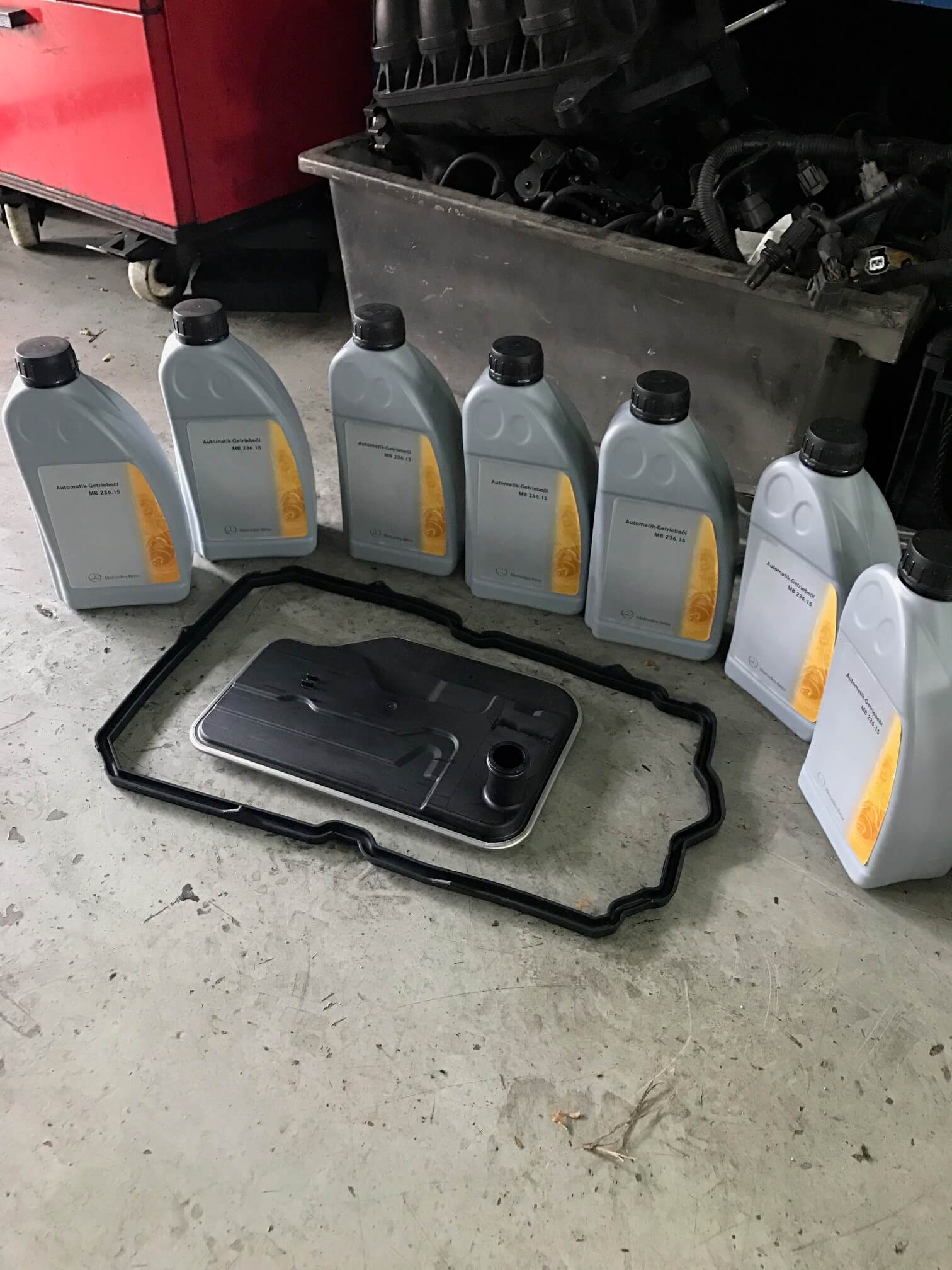Car servicing is an essential part of maintaining your vehicle's health, safety, and reliability. Neglecting regular maintenance can result in costly repairs, reduced fuel efficiency, and even accidents on the road.
In Singapore, car servicing is a regulated industry, with many reputable service providers available.
However, with so many options, it can be challenging to know where to start. This ultimate guide will provide you with all the information you need to make informed decisions about car servicing in Singapore.
Table of Contents
Understanding Car Servicing
Types of Car Servicing
Importance of Regular Car Servicing
Choosing a Car Servicing Provider
Cost of Car Servicing in Singapore
Car Servicing Checklist
DIY Car Maintenance Tips
Common Car Servicing FAQs
Understanding Car Servicing
car servicing
Car servicing refers to the regular maintenance of your vehicle, including inspections, repairs, and replacement of components, to ensure it is operating at peak performance.
Regular servicing can help identify potential issues before they become significant problems, extending the life of your car and ensuring your safety on the road.
Types of Car Servicing
In Singapore, there are generally two types of car servicing: regular servicing and major servicing.
Regular servicing, also known as minor servicing, typically includes oil changes, filter replacements, and inspections of critical components such as brakes, tires, and suspension systems.
Major servicing, on the other hand, involves more extensive checks and maintenance, including engine overhauls, transmission repairs, and other significant repairs.
Regular or Minor Servicing:
Regular servicing, also known as minor servicing, is typically recommended every six months or every 10,000 kilometers, whichever comes first. This type of servicing includes oil changes, filter replacements, and inspections of critical components such as;
Brakes
Tires
Suspension Systems
Regular servicing helps to ensure that your car is running smoothly and reduces the likelihood of breakdowns or accidents on the road.
Major Servicing:
Major servicing is a more comprehensive type of servicing that is typically recommended every two years or every 40,000 kilometers, whichever comes first.
This type of servicing involves more extensive checks and maintenance, including engine overhauls, transmission repairs, and other significant repairs.
It also involves checking the fluids such as:
Oil and oil filter replacement
Brake fluid
Anti-Freeze coolant
Windscreen wash
Full brake
Power steering fluid
Steering
Shock absorbers
Major servicing helps to identify potential issues early, reducing the risk of more costly repairs down the line.
Pre-Purchase Inspection:
If you are looking to purchase a used car, a pre-purchase inspection can provide you with peace of mind and help you avoid costly surprises down the line. A pre-purchase inspection involves a comprehensive inspection of the vehicle, including:
Mechanical components
Bodywork
Electronics
Diagnostic Servicing:
If you are experiencing issues with your vehicle, diagnostic servicing can help identify the root cause of the problem. Diagnostic servicing involves the use of specialized tools and equipment to diagnose and repair issues with your car's electronic systems.
It is essential to understand the various types of car servicing available to ensure that you are providing your vehicle with the appropriate level of care.
Regular servicing is critical to the longevity and reliability of your car, while major servicing helps to identify potential issues early and reduce the risk of more costly repairs down the line.
Pre-purchase inspections and diagnostic servicing can also help provide you with peace of mind and ensure that your vehicle is running at its best.
Learn more about “How Often You Should Service Your Car!”
Importance of Regular Car Servicing
Regular car servicing is critical to the longevity and reliability of your vehicle. It helps to ensure that your car operates at its best, reducing the likelihood of breakdowns or accidents on the road.
Regular servicing also helps to identify potential problems early, reducing the risk of more costly repairs down the line.
Why Is It Important To Service Your Car?
1. Safety:
Regular car servicing ensures that all components of your vehicle are in good working condition. This includes critical safety components such as brakes, tires, and suspension systems. Regular servicing helps to identify and address any potential safety issues before they become major problems.
2. Reliability:
Regular servicing helps to ensure that your car is running smoothly and reliably. This reduces the likelihood of unexpected breakdowns or mechanical failures, which can be costly and inconvenient.
3. Longevity:
Regular servicing helps to extend the lifespan of your car by addressing minor issues before they become major problems. This reduces the need for more extensive repairs down the line, which can be expensive.
4. Fuel Efficiency:
A well-maintained car is more fuel-efficient. Regular servicing helps to ensure that your car is running at its best, reducing fuel consumption and saving you money on gas.
5. Resale Value:
Regular servicing can help maintain the resale value of your car. A well-maintained car is more attractive to potential buyers and can command a higher resale price.
Regular car servicing is essential for ensuring the safety, reliability, and longevity of your vehicle. It also helps to improve fuel efficiency and maintain the resale value of your car.
It is important to follow the manufacturer's recommended servicing schedule and to work with a reputable service provider to ensure that your car receives the best possible care.
Choosing a Car Servicing Provider
car servicing
Choosing the right car servicing provider is essential for the safety and reliability of your vehicle. Look for a provider that is licensed by the relevant authorities, has a good reputation in the industry, and uses quality parts and equipment.
You can also read online reviews from previous customers to get an idea of their experience with the provider.
Find a workshop that has great reviews and it’s better if you have one that is close to you, so you won’t miss your car service schedule.
While you are at it, you may go visit our workshop and if you are looking to buy a car, we could offer you a great deal!
Cost of Car Servicing in Singapore
The cost of car servicing in Singapore can vary depending on the type of service required, the provider, and the make and model of your car. On average, a minor service can cost anywhere from SGD $100 to $200, while major servicing can cost upwards of SGD $500. It is essential to factor in the cost of regular servicing when budgeting for car ownership.
Minor car services typically cost less than major services, as they involve less extensive maintenance and repairs. Depending on the level of servicing required and the product that you used.
Major car services are more extensive and involve more in-depth maintenance and repairs. As such, they typically cost more than minor services. A major car service can cost anywhere from $200 to $500 or more, depending on the level of servicing required and the items that need to be replaced.
In addition to the cost of servicing itself, you might need to check additional charges for other services. For example, some service providers may charge a fee for diagnostics or for the use of specialized tools or equipment. It is important to clarify any additional costs with your service provider before agreeing to the service.
Always ask for a receipt and the details of what is being repaired and serviced. If it’s a major service, take a picture of the items that are getting replaced. That way you know what you are paying for.
Overall, the cost of car servicing in Singapore can vary widely depending on a number of factors. It is recommended to compare prices and services from multiple service providers to ensure that you are getting the best possible value for your money.
If you still looking for a workshop, you could drop by our workshop.
Learn more details on Car Servicing Costs in SG
Car Servicing Checklist
To ensure that your car receives a thorough and comprehensive service, use a car servicing checklist. This checklist should include items such as oil and filter changes, tire inspections, brake inspections, and fluid checks.
A comprehensive checklist will help to ensure that no critical components are missed during the servicing process.
1. Engine oil and filter:
Check the oil level and condition, and replace the oil and filter if necessary.
2. Air filter:
Check the air filter and replace it if it's dirty.
3. Brakes:
Check the brake pads and shoes, as well as the brake fluid level.
4. Battery:
Check the battery and clean the terminals if necessary.
5. Cooling system:
Check the coolant level and add more if needed.
6. Transmission fluid:
Check the transmission fluid level and add more if needed.
7. Power steering fluid:
Check the power steering fluid level and add more if needed.
8. Windshield wipers and washers:
Check the condition of the wiper blades and replace them if necessary. Check the washer fluid level and add more if needed.
9. Lights:
Check all the lights, including the headlights, taillights, brake lights, and turn signals.
10. Tires:
Check the tire pressure and tread depth, and rotate the tires if necessary.
11. Belts and hoses:
Check the belts and hoses for cracks or wear, and replace them if necessary.
12. Suspension and steering:
Check the suspension and steering components for wear or damage.
Make sure you bookmark this page so that you can check the checklist when you are going to service your car.
Follow your service schedule of whether you need a minor or major service. Since you’ll service your car every 10,000km, you don’t want to miss anything that could affect the car’s performance.
DIY Car Maintenance Tips
While it is recommended to leave car servicing to the professionals, there are some DIY maintenance tips that you can follow to keep your car running smoothly.
These include checking your oil and fluid levels regularly, replacing air filters, and inspecting your tires for wear and tear. However, it is essential to note that some components, such as brakes and suspension systems, should be inspected by a professional.
1. Check your oil regularly:
Make sure to check your oil levels regularly and change your oil as per the manufacturer's recommendations. This is one of the most important things you can do to keep your car running smoothly.
2. Check your tire pressure:
Keeping your tires properly inflated can help improve fuel efficiency, prolong the life of your tires, and improve overall handling and safety. Check your tire pressure regularly and inflate them to the recommended pressure level.
3. Check your brakes:
Make sure to check your brakes regularly and replace worn brake pads or shoes as needed. Neglecting your brakes can lead to serious safety issues.
4. Replace your air filter:
Your car's air filter helps keep dirt and debris out of your engine. Replace your air filter as recommended by the manufacturer to help ensure optimal performance.
5. Keep your car clean:
Regularly washing and waxing your car can help protect its paint and finish from damage. It can also help prevent rust and corrosion.
6. Replace your windshield wipers:
Over time, your windshield wipers can become worn or damaged, leading to reduced visibility in wet or snowy conditions. Replace your wiper blades as needed to ensure clear visibility.
7. Check your battery:
Make sure to check your car's battery regularly and replace it as needed. A dead battery can leave you stranded and cause damage to your car's electrical system.
Common Car Servicing FAQs
car service
How often should I service my car?
It is generally recommended to service your car every six months or every 10,000 kilometers, whichever comes first. However, the specific servicing schedule may vary depending on your car's make and model. Consult your owner's manual or a qualified service provider for specific recommendations.
How long does a car service take?
The duration of car service can vary depending on the level of servicing required. A minor service typically takes around 1-2 hours, while a major service can take several hours or even a full day. Your service provider should be able to give you a more specific estimate based on the services required.
What is included in a minor car service?
A minor car service typically includes an oil and filter change, a visual inspection of key components such as brakes, tires, and suspension systems, and a check of your car's fluids and battery.
What is included in a major car service?
A major car service typically includes all of the services included in a minor service, as well as more extensive checks and maintenance. This may include an engine overhaul, transmission repairs, and other significant repairs.
Can I service my car in any garage?
While you technically can service your car at any garage, it is important to choose a reputable and qualified service provider.
A qualified service provider will have the necessary tools and expertise to properly service your car and maintain its warranty.
It is recommended to choose a service provider that specializes in your car's make and model and is authorized by the manufacturer.
Conclusion
In conclusion, regular car servicing is not only important for ensuring the safety and performance of your vehicle but also for maintaining its value and extending its lifespan.
Neglecting car maintenance can lead to more serious and costly problems down the road, which is why it's essential to keep up with your car's recommended servicing schedule.
By following the tips and checklist provided in this Ultimate Guide, you can stay on top of your car's maintenance needs and catch any issues early before they become major problems.
In addition to the benefits of regular car servicing, it's also important to consider the cost of maintenance.
While the price of car servicing in Singapore may vary depending on factors such as the make and model of your car and the type of service needed, it's generally more affordable to maintain your car than to repair it after a major breakdown.
Ultimately, proper car maintenance is a responsibility that all car owners should take seriously. By following the guidelines outlined in this guide and working with trusted professionals, you can keep your car in top condition and enjoy safe and reliable driving for years to come.
























